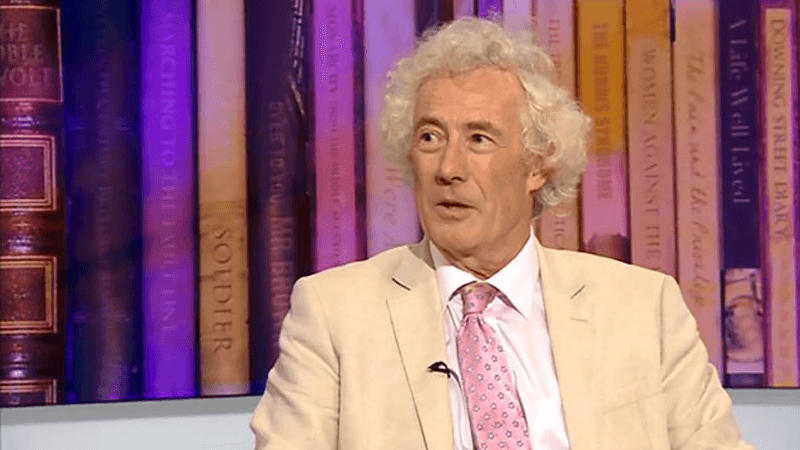Legal rulings on controversial social issues show the European Court of Human Rights is going beyond its proper role, a former UK Supreme Court justice has warned.
Jonathan Sumption made the comments during the BBC’s Reith Lectures, as he warned that assisted suicide should be a matter for Parliament – not the courts.
Sumption also highlighted legal rulings on issues like abortion and homosexuality as invalid extensions of the European Convention on Human Rights.
Autonomy
Speaking in Edinburgh, he said use of Article 8 of the Convention – the right to a private and family life – is “probably the most striking example” of “mission creep”.
Designed after World War II as a “protection against the surveillance state in totalitarian regimes”, Sumption said the European Court has changed it into a “principle of personal autonomy”.
He said this was illustrated by rulings on such topics as “abortion, artificial insemination, homosexuality and same-sex unions”.
Extensions
“All of these things have been held to be encompassed in the protection of private and family life.
“None of them is to be found in the language of the Convention. None of them is a natural implication from its terms. None of them has been agreed by the signatory states.
“They are all extensions of the text which rest on the sole authority of the judges of the Strasbourg Court.
“This is, in reality, a form of non-consensual legislation”.
Impose
On the issue of same-sex marriage and abortion in Northern Ireland, MPs have tried to use Strasbourg’s human rights rationale to impose their views.
In March this year, a group of Labour politicians attempted to add amendments on the two controversial issues to an unrelated budget Bill.
Both failed to pass. However, Stella Creasy MP said the group would “take every single opportunity” to carry on their campaign.
Assisted suicide
The former judge noted that domestic courts had been prone to similar “legislative instincts” on the issue of assisted suicide.
He highlighted how in 2014, after considering the issue in the Supreme Court, some of his fellow judges decided assisted suicide law was a matter for the courts – despite being outlawed by the Suicide Act 1961.
Sumption disagreed, telling his audience that his opinion “had no greater weight, by virtue of my judicial office, than that of any other citizen”.
Resist
At the time, he warned assisted suicide could soon become normalised among the elderly and ill if legalised.
Since 2014, both Parliament and the courts have resisted changing the current law, in the face of intense pressure.

